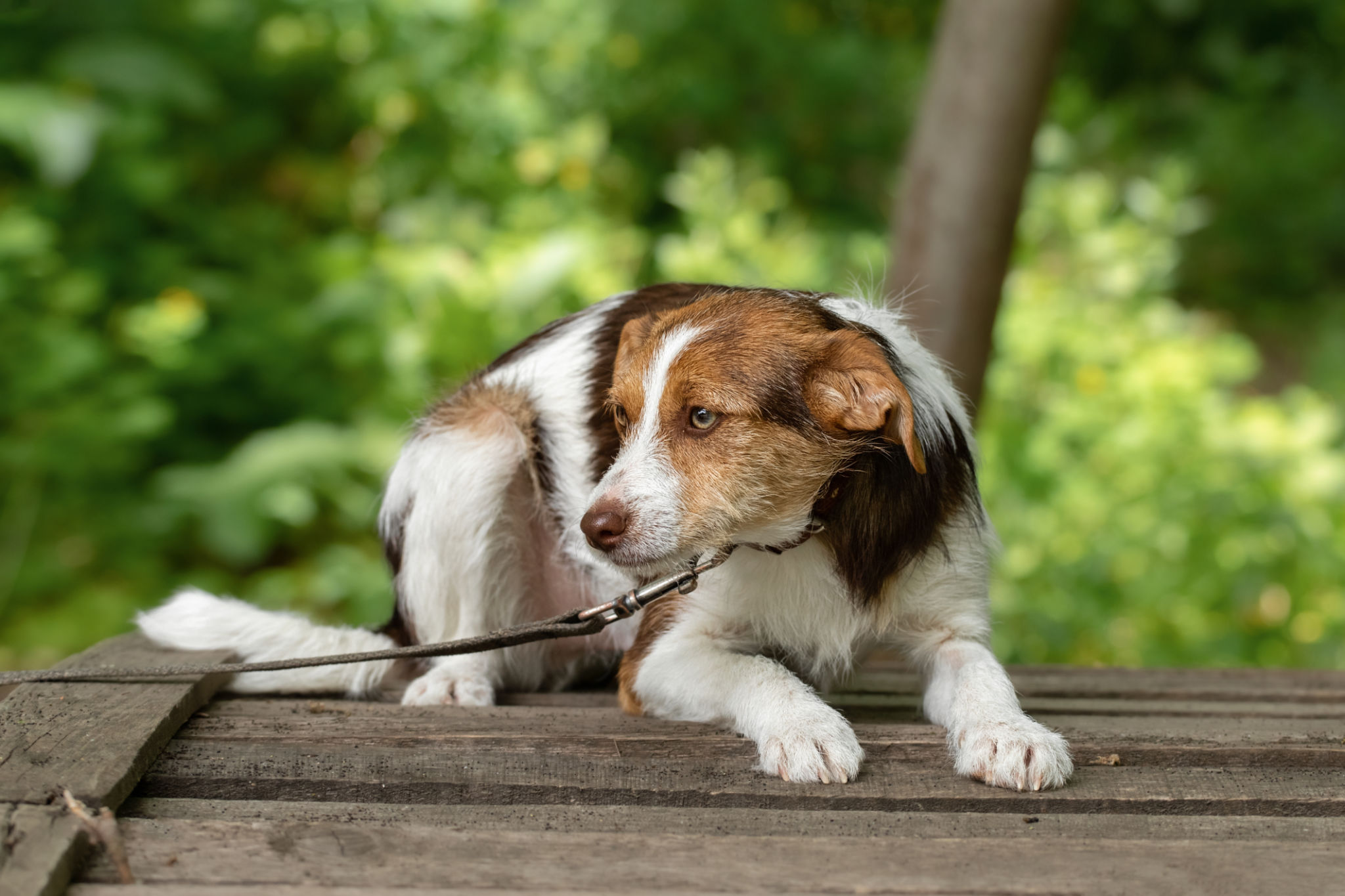What is the Best Age to Start Puppy Training? A Comprehensive Guide for New Dog Owners
Understanding the Importance of Early Puppy Training
Training your puppy is an essential part of establishing a well-behaved and balanced pet. But when is the best time to start this crucial process? Many new dog owners wonder if they should begin training their puppies as soon as they bring them home or wait until they are a bit older. Starting puppy training at the right age can make a significant difference in your dog's development and behavior.

Starting Puppy Training: The Ideal Age
The general consensus among experts is that the best age to start puppy training is around 8 to 12 weeks old. At this age, puppies are highly receptive to learning and can easily absorb new information. They are also eager to please, making them more willing participants in the training process.
During this early stage, focus on basic commands such as "sit," "stay," "come," and "leave it." These fundamental commands provide a solid foundation for more advanced training later on. Early training helps in building a strong bond between you and your puppy, establishing trust and respect.
Socialization: A Key Component of Early Training
Alongside basic obedience training, socialization should also be a priority. Socializing your puppy involves exposing them to different people, environments, and other animals. This helps them become well-adjusted adults who are comfortable in various situations.
The critical window for socialization is between 3 and 14 weeks. During this period, puppies are curious and open to new experiences, making it an ideal time to introduce them to the world around them.

Training Techniques for Young Puppies
When starting with young puppies, use positive reinforcement techniques. This involves rewarding your puppy with treats, praise, or playtime whenever they successfully follow a command. Positive reinforcement encourages good behavior and strengthens your puppy's motivation to learn.
Avoid harsh corrections or negative reinforcement, as these can lead to fear and anxiety, hindering your puppy's progress. Instead, focus on patience and consistency, which are key to effective training.
The Role of Professional Puppy Classes
Enrolling your puppy in professional training classes can be beneficial. Puppy classes offer a structured environment where your pup can learn essential skills under the guidance of experienced trainers. Additionally, these classes provide opportunities for socialization with other dogs, which is crucial for developing good canine manners.

Adapting Training as Your Puppy Grows
As your puppy grows older, their training needs will evolve. By the time they reach adolescence, usually around 6 months, they may test boundaries and exhibit challenging behaviors. It's important to continue reinforcing positive behaviors and introducing more complex commands during this stage.
Regularly revisit basic commands and introduce new challenges to keep your dog engaged and mentally stimulated. Consistent training throughout their life ensures a well-behaved and obedient adult dog.
Common Mistakes to Avoid
New dog owners often make mistakes that can hinder the training process. One common error is inconsistency in commands or routines, which can confuse the puppy. Make sure everyone in the household uses the same commands and follows the same rules.
Another mistake is expecting too much too soon. Puppies have short attention spans, so keep training sessions short and fun. Gradual progression is key to maintaining your puppy's interest and enthusiasm.
Conclusion: Setting Your Puppy Up for Success
Starting puppy training at the right age lays the foundation for a well-behaved and balanced dog. By focusing on early obedience training, socialization, and using positive reinforcement, you can set your puppy up for lifelong success. Remember that patience, consistency, and love are essential components of effective training.